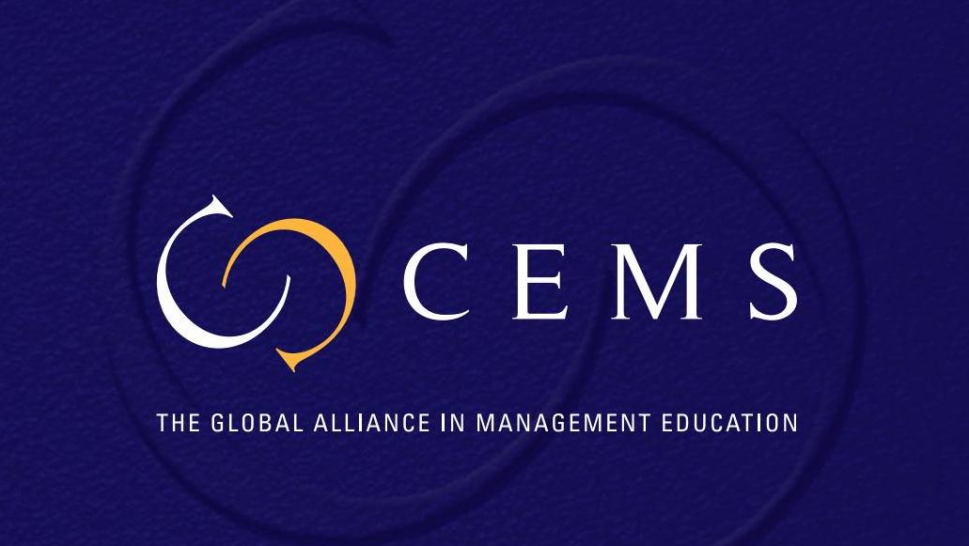Learn more from Marie-Therese Claes, Ph.D., Professor of Cross-Cultural Management at LSM and teaching on the CEMS MIM speaking with Psychology Today.
In my last blog I presented the different components of a new kind of intelligence: Cultural Intelligence (CQ).
To recap, the head or Cognitive CQ is knowledge about context-specific facts, such as political, economic, social, environmental and legal systems in a particular culture. The heart or Emotional Intelligence might also be called empathy or motivational CQ. The hands or body is Behavioural Intelligence, or the ability to behave according to different cultural practices and use the appropriate verbal and nonverbal behavior.
To do business or develop deep friendships with people from different cultures, we need to know what makes them tick, what is important to them, and why they behave in ways that seem strange to us. This is why the first aspect of Cognitive CQ (knowledge) is so essential.
Do your homework or do some research—in other words, prepare. Get some knowledge about the culture of your partner. It is amazing how many people go into countries to do business completely unprepared, then are surprised when things quickly unravel!
Cultural Interpretations
The meaning system attached to the idea of "initial meeting" shows fundamental differences between Western and Japanese cultures, for instance. Take a conversation between a Western consultant receiving a delegation of a Japanese investment company, which went completely wrong because of different expectations of the meaning of a first contact. The western company characterizes itself as “determined, dynamic, and speedy,” and expects the Japanese delegation to discuss the business at hand. But the Japanese delegation of “junior staff” talks about “trivial” issues such as the weather.
Whereas the Western consultants want to be efficient from the first meeting, the purpose of the initial visit is nothing but credibility assessment for the Japanese. It is standard Japanese business practice to assess the environment and people of the company they visit, and maybe later visits can proceed with the business at hand. “The initial meeting will be just a fact finding, credibility assessment trip. ‘Laying a foundation for future’ will come a few steps later after they have decided to choose the consultancy partner,” according to my colleague Takashi Kawatani, who has provided comments on the case.
Different Culture, Different Meaning
One of the problems in international relations is the misunderstanding that happens because we all speak the "international language" of English, but use English words with our own native meaning. As George Bernard Shaw said, even the United States and United Kingdom are "two countries divided by a common language." A lot of the time, we are not speaking the same language at all!
The mechanisms of our thinking have been studied for centuries. Hume (1748) used the term association of ideas: a broad network with links to each other. Our brain associates ideas without any control, with different types of links, such as cause and effect (virus—cold), things and their properties (banana—yellow), or things and their categories (ape—animals). But the ‘house’ people picture in their mind will be different in many parts of the world, because people live in different types of houses, and hence their ‘frame of meaning’ will differ.
In the textbook we published for the CEMS course on Global Leadership Practices (2014), my colleagues and I explain how concepts may have different meanings in different cultures. The word “boss” for example, can be interpreted in different ways, according to the knowledge structures internalized from our cultural socialization, available in our culture and predominant in our social structures. In other words, people act in a way that makes sense to them in the world they live in, in their meaning systems, sometimes called ‘frames of meaning’.
What do you mean?
Yet words and concepts do not have the same meaning. If for example you think of the word ‘marriage’ for example, your brain might produce associations such as ‘husband, wife, family, children’ or ‘love, respect, partnership’, or else ‘ring, cake, wedding, party’. Now think what the French might answer, or the Japanese.
In a way, somehow you know that the responses will be different, and you may have an idea of what these responses will be. My students tend to associate the French concept of ‘marriage’ with ‘love, romance’, and the Japanese concept with ‘family, arranged’. Their ideas do not always match reality, but are based on what they think they know or have heard.
Just being aware that we are not always talking about the same thing, and checking meaning when working with international partners, especially if they are from a very different culture, is a first small but important step to developing your cognitive CQ.
References
Gehrke, Bettina and Marie-Therese Claes (eds.). (2014). Global Leadership Practices. A Cross-Cultural Management Perspective. London: Palgrave Macmillan.
About the Author:
Marie-Therese Claes, Ph.D., is a Professor of Cross-Cultural Management Louvain School of Management, University of Louvain, Belgium. She teaches on the CEMS Masters in International Management.




